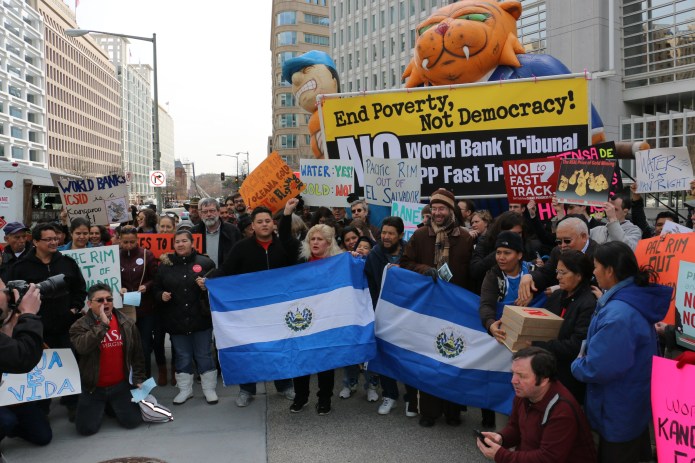Cities Beyond Growth is a six-week online course that invites you to reimagine urban life through the lens of post-growth thinking, an approach that recognises that more GDP doesn’t always mean better lives, especially when it comes at the cost of social equity and ecological survival.
This course is for activists, policymakers, planners, researchers, and all those committed to building cities that prioritise justice, care, and ecological balance.
Date: 8 October 2025 – 12 November 2025
Location: Moodle/ZOOM
Register and find more information here
As cities around the world face deepening inequality, intersecting ecological crises, housing precarity, and care systems stretched to their limits, it has become increasingly clear that business-as-usual approaches are no longer viable. At the same time, cities remain fertile ground for bold and systemic transformation.
Cities Beyond Growth is a six-week online course that invites participants to critically engage with post-growth urbanism, an approach that challenges the dominance of GDP growth as a measure of progress and instead centers ecological sustainability, social justice, and collective wellbeing.
Each week, we examine a key domain of urban life including housing, mobility, energy, digitalisation, food, democracy, and care, and ask:
How can essential urban systems be reimagined to serve people and planet, rather than profit and accumulation?
Through real-world examples, policy experimentation, and grounded community practice, the course offers both analytical tools and practical inspiration for those working to reshape cities from below and above.

International corporations are decimating nature, destroying lives and manipulating opinion. Here's how to stop them.. A US engineering giant sneaks into a Bolivian city under an assumed name and takes over its public water system. A Canadian mining company seeks control of El Salvador’s gold even at the cost of poisoning its drinking water. An Italian energy conglomerate floods ...

In a recent post, a group of authors expressed their concerns that degrowth risks being lost in pluralism and argued for the need to co-produce a mix of context-sensitive strategies. I believe this re-stirring of the debate on strategy in the degrowth movement is both relevant and timely. While I agree with many of the authors’ concerns, and proposals, I would here like to propose a somewhat di...

By Ulrich Brand “Business as usual” is the motto of ruling politics nowadays. The dominant public discussions and policies are staged as necessities and unavoidable adaptions to an austerity policy which is apparently without alternatives. We are assured that rising poverty-rates, the redistribution of wealth from bottom to top and the cutback of social rights and democracy are only te...